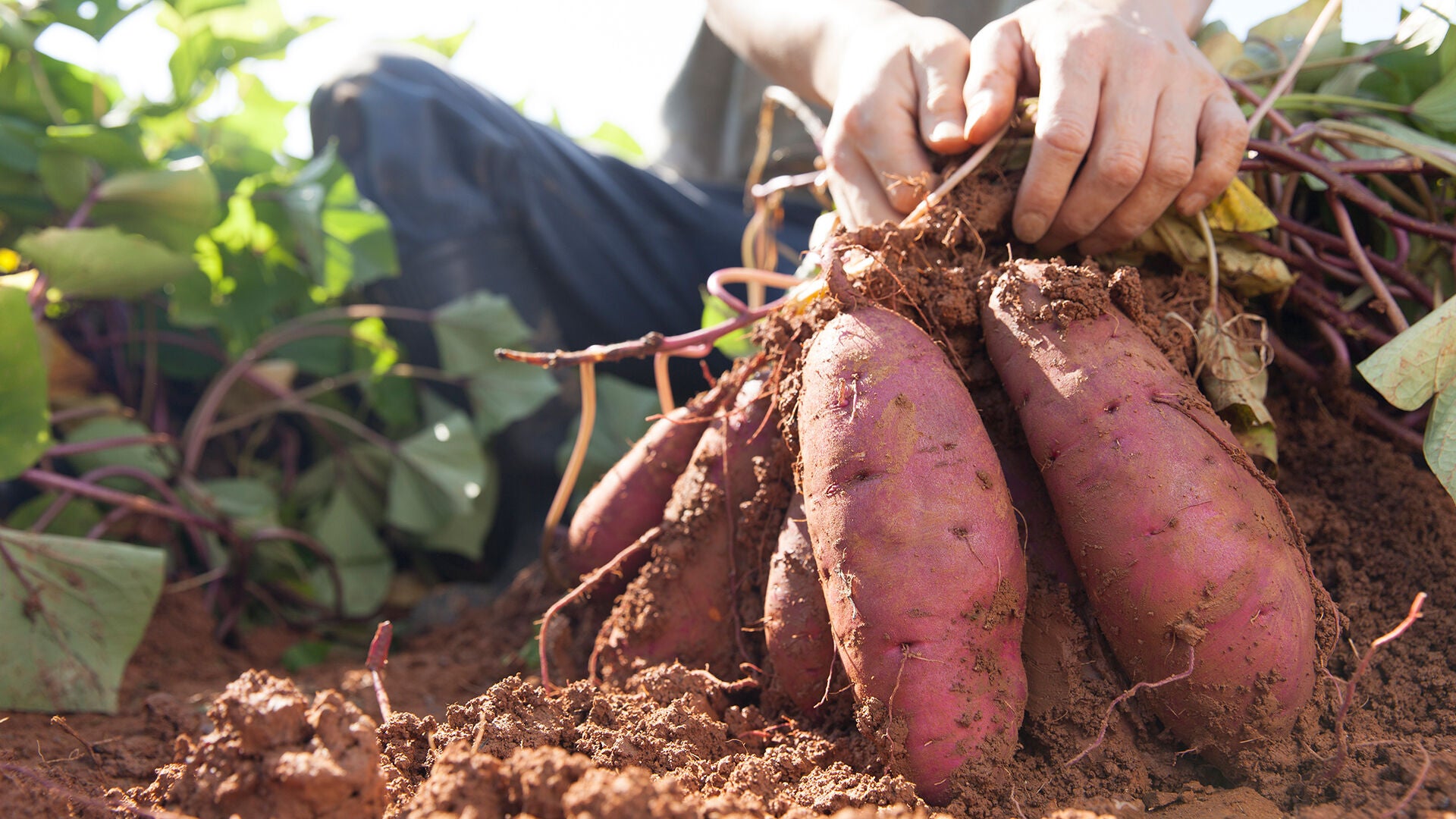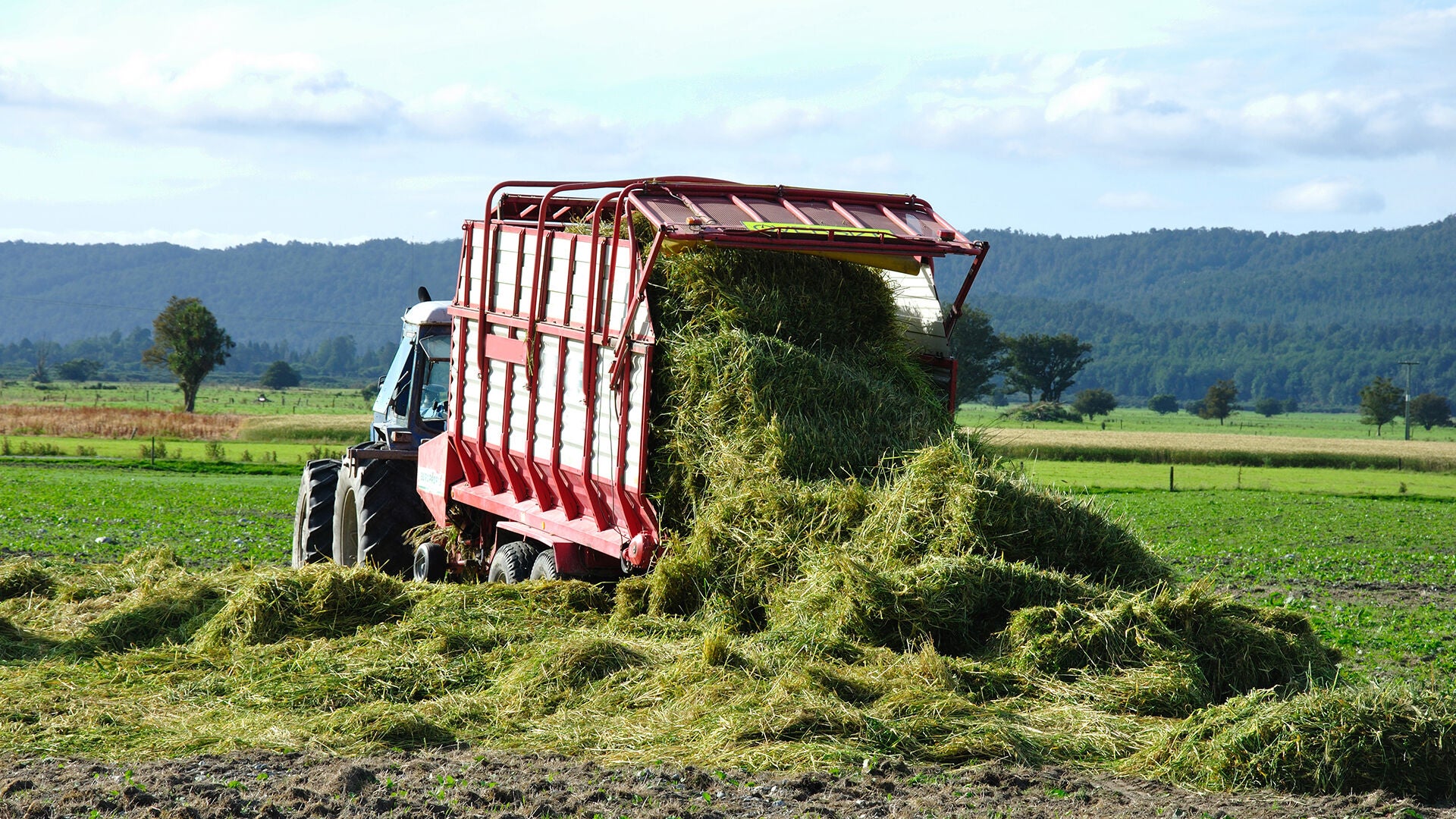Hope rural sector’s value remains recognised.

The election result has delivered a historic and resounding result, for the first time under New Zealand’s MMP system a government has a mandate to rule outright without having to seek a coalition partner.
While the shift to Labour may have been somewhat expected in the more urban electorates, what was most surprising to many was the unprecedented wave of red votes that washed through largely rural seats.
These included long time National electorates of East Coast, Wairarapa and Rangitata, while in almost every electorate the party vote percentage flipped from National to Labour, typically by 20-25 percentage points.
For the rural sector, the confidence expressed in Labour to date will need to be maintained to prove the switch to red in the provinces has not just been a strategic move to shut out the Green party from a coalition government.
Bayleys national director rural Duncan Ross said the clear move to Labour will be a surprise to some.
“But it does also deliver a degree of certainty and stability to government, and potentially to what businesses, farmers and investors can expect at a time when so much of the rest of the world is looking volatile and uncertain.”
“But it does also deliver a degree of certainty and stability to government, and potentially to what businesses, farmers and investors can expect at a time when so much of the rest of the world is looking volatile and uncertain.”
It also comes as the rural property market is showing promising positivity. Latest data released for spring indicates 131 more farm sales in three months ended September compared to last year, a lift of 49 percent, with a slight lift in values of 1 percent.
Labour has campaigned on agricultural policies including allowing $50 million to help farmers adopt farm environment plans into their businesses, a requirement on all farms to help lift nutrient and water quality management.
The COVID crisis also prompted a rework of agricultural policy, in recognition of the role the sector is playing in helping New Zealand weather the global pandemic’s fallout.
That policy now commits to creating 11,000 “green” jobs in the Jobs for Nature programme, helping lift manpower for pest and weed control and clearing waterways.
Improved access to well-being services and financial advice is also to receive greater investment, and has already been witnessed in recent drought advice recovery funding.
The productive and sustainable land use package is also a key piece of policy, with $122 million committed to help farmers develop land use practices that result in improved environmental outcomes. Farmer input to these practices will be a key feature, with extension services planned to help roll out and share concepts among farmers.
The COVID budget also provided significant funding of about $200 million to help with the transition to improved water quality, something the most afflicted areas of Waikato, Auckland and Canterbury will need to meet the targets.
The ability of the horticultural sector to continue to grow is also to be aided by providing funding to facilitate the introduction of new plant material for trials and help develop more high value cultivars.
“The government will need to listen to farmers’ concerns, and has made initial steps to act on some of the concerns over water quality, such as not requiring the 3m-5m setback on riparian strips for fences already in place and only set back by 1m, which is positive,” says Duncan.
“The government will need to listen to farmers’ concerns, and has made initial steps to act on some of the concerns over water quality, such as not requiring the 3m-5m setback on riparian strips for fences already in place and only set back by 1m, which is positive,” says Duncan.
“For most dairy farmers fencing waterways is done and dusted - their milk processing companies have usually required it under terms of supply, and thousands of kilometres have been protected in the past seven years.”
“And we are seeing a government that has tried to emphasise that farmers will not be left high and dry with the required costs, accepting the transition will not be achieved quickly nor without the support of the greater New Zealand public.”
He said the COVID crisis has reinforced the importance of the rural sector to New Zealand’s economy and he hoped the government would continue to appreciate that, even without the handbrake of a coalition partner to moderate its policies.
